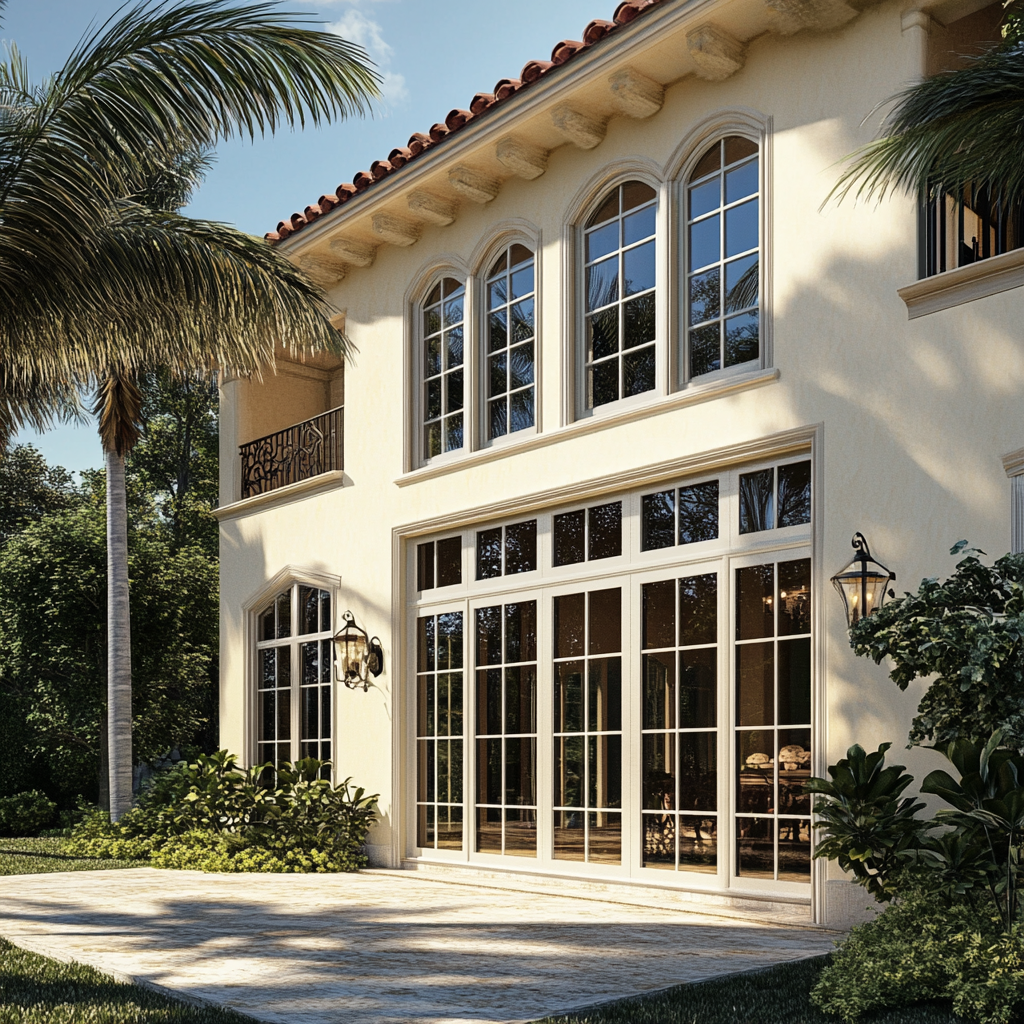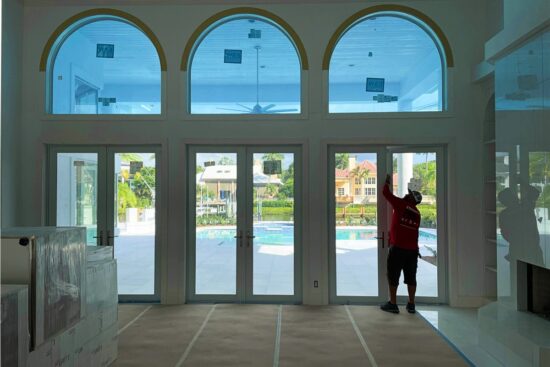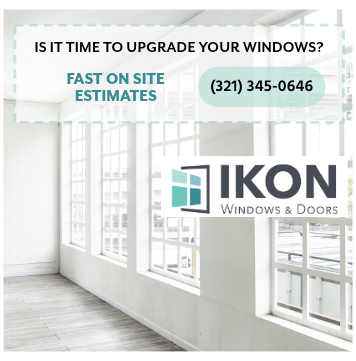
Florida, known for its sunny beaches and tropical climate, also faces challenges from severe weather, especially hurricanes.
This reality significantly influences the state’s real estate market. For homeowners looking to enhance property value and improve safety and comfort, impact windows have emerged as a popular solution.
This article delves into what impact windows are, their benefits, and how they affect the real estate landscape in Florida.
Understanding Impact Windows
Impact windows, also known as hurricane windows, are specially designed glass windows that can withstand high winds, flying debris, and extreme weather conditions.
They are constructed with multiple layers of glass and a durable interlayer, providing strength and insulation while preventing shattering. The essential features of impact windows include:
- Strength and Durability: Impact windows are built to meet stringent testing standards that mimic the intense conditions of hurricanes.
- Shatter Resistance: Unlike standard windows, impact windows are designed to hold their shape even after significant impact, reducing the risk of injury from broken glass.
- UV Protection: They also block harmful ultraviolet rays, preserving the interior of homes from fading and damage.
- Energy Efficiency: Many impact windows are energy-efficient, helping homeowners save on energy costs while improving comfort.
The Impact of Impact Windows on Property Value
Enhanced Safety and Security
In a state prone to hurricanes, enhancing the safety and security of a home is paramount.
Homebuyers often prioritize properties that have been upgraded with impact windows, knowing that they offer significant protection from destructive weather.
Homeowners investing in impact windows are not only protecting their investment but also making it more appealing to potential buyers.
Insurance Premium Reductions
In Florida, many insurance companies offer discounts for homes equipped with impact windows due to the reduced risk of property damage.
Homeowners can save hundreds of dollars annually on insurance premiums, making their properties more financially attractive.
When buyers see that a home has impact windows and the potential for lower insurance costs, it can make the property more marketable.
Energy Efficiency Appeal
Energy efficiency has become a key consideration for many homebuyers, especially in regions with high energy costs like Florida.
Impact windows provide superior insulation compared to traditional windows, helping to keep homes cooler in the summer and warmer in the winter.
As energy-efficient homes become increasingly sought after, properties with impact windows can command higher prices and sell faster.
Lower Maintenance Costs
Impact windows are more durable than standard windows, leading to decreased maintenance and replacement costs.
This longevity is appealing to buyers looking for a property with fewer hidden expenses.
The promise of reduced long-term upkeep can significantly enhance the perceived value of a home on the market.
Increased Curb Appeal
The aesthetic appeal of impact windows, which come in various designs and styles, can elevate the overall look of a home.
First impressions matter in real estate, and modern, sleek impact windows can enhance the exterior of a property, making it more attractive to prospective buyers.
Influence on the Real Estate Market
Florida’s real estate market is deeply intertwined with the seasonal nature of hurricanes.
This seasonality drives demand for homes with protective features. Influence on the local market includes:
Competitive Advantage
In a crowded real estate market, homes outfitted with impact windows stand out. Sellers can use these installations as a key selling point in listings, attracting buyers who are safety-conscious and concerned about insurance costs.
Increasing Property Values
As more homeowners install impact windows, the expectation for such features will rise among potential buyers. Homes without impact windows may struggle to sell or have lower offers when compared to similar properties equipped with them.
Buyer Preferences Shaping Trends
The increasing awareness and concern regarding climate change and weather events lead to changing preferences amongst buyers. Many prospective homeowners are willing to pay a premium for homes that can protect them against unpredictable weather patterns.





